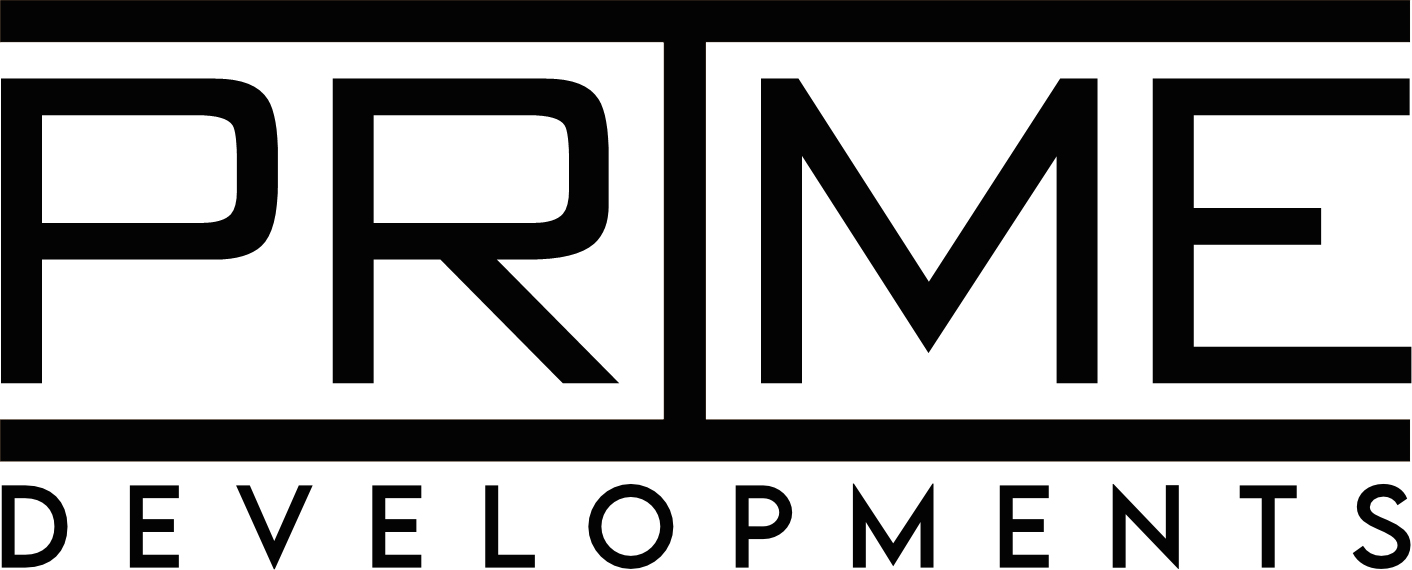Property Consultant vs Dealer – Who Is Better for Buying Property?
26 Jul 2025
By Shailesh Arya
In today’s rapidly growing real estate market, buying a property is no longer just about money—it’s about making the right decision. Whether you're a first-time homebuyer or a seasoned investor, choosing the right property advisor plays a crucial role in your property journey. One of the most common problems faced by buyers is:
“Should I trust a property consultant or go with a property dealer?”
While both may appear to offer similar services, the truth is property consultants and property dealers work very differently. Let's explore the differences between property consultants and property dealers and why you should choose consultants over dealers.
Who is a Property Consultant?
A property consultant is a well-trained real estate professional who gives strategic advice, property analysis and personalized consultation. Their role goes beyond just selling – they aim to understand your goals, preferences, and long-term needs.
Key Characteristics of a Property Consultant:
- Provides personalized property guidance.
- Profound knowledge of market trends, legalities, and documentation.
- Often associated with reputed real estate firms.
- Offers comparative analysis of multiple projects.
- Focused on client satisfaction and long-term relationships.
In short, a property consultant acts like a real estate advisor, not just a transaction coordinator.
Who is a Property Dealer?
A property dealer, on the other hand, is typically a local individual or small agency that acts as a middleman between buyers and sellers. Dealers usually work in certain areas and maintain connections with builders, landlords, and investors.
Key Characteristics of a Property Dealer:
- Local network of properties for sale or rent
- Works on commission basis from buyers or sellers
- Limited advisory role
- May promote specific projects due to builder tie-ups
- Focused on closing deals quickly
While they may have good knowledge of their locality, they often lack a broader market perspective and, in many cases, operate without professional training or certifications.
Difference Between Property Consultant and Property Dealer
1. Approach
Property Dealer: Sales-driven; focused on closing deals quickly.
Property Consultant: Advisory-driven; focused on client needs and long-term value.
2. Knowledge Base
Property Dealer: Limited knowledge, usually restricted to local projects.
Property Consultant: Deep understanding of market trends, pricing, and project comparisons.
3. Services Offered
Property Dealer: Assists mainly in buying and selling property.
Property Consultant: Offers end-to-end consultation—from property search to legal and financial guidance.
4. Transparency
Property Dealer: May promote specific projects for higher commissions.
Property Consultant: Prioritises the client’s best interest with unbiased advice.
5. Commission Model
Property Dealer: Typically earns from the seller or both parties.
Property Consultant: Works on a transparent, often fixed-fee or service-based model.
6. Legal Assistance
Property Dealer: Minimal or no involvement in legal matters.
Property Consultant: Provides support with document checks and legal compliance.
7. Client Relationship
Property Dealer: Transactional; limited to the deal.
Property Consultant: Long-term, trust-based relationship with post-sale support.
Why Property Consultants Are Better: A Detailed Insight
1. Professionalism and Expertise
Property consultants are often backed by formal education, RERA registration, and years of hands-on experience. They understand not just property listings but also the legal, financial, and market aspects of buying a property.
They can answer crucial questions like:
- What are the future prospects of this locality?
- Are there any legal risks with this project?
- How does this project compare to others in the same price range?
A dealer may not provide such in-depth analysis.
2. Personalized Property Solutions
Consultants take time to understand your:
- Budget
- Purpose (residential/investment)
- Preferences (location, size, amenities)
- Long-term goals
They then shortlist genuinely suitable options, rather than pushing whatever is available or offering higher commissions.
3. Transparency and Trust
Unlike dealers who may be influenced by builder commissions or quick sales, property consultants focus on client satisfaction. Their aim is to build long-term relationships, not just one-time transactions.
You get:
- Honest pros and cons of each project
- Clear explanation of payment schedules
- Transparent handling of legal documents
4. Better Market Understanding
Real estate consultants regularly conduct:
- Market analysis
- Project comparisons
- Price trend tracking
- Regulatory updates
This allows them to guide clients on emerging locations, price negotiations, and ROI expectations, which dealers usually don’t offer.
5. Legal and Documentation Support
Consultants often help with:
- Title deed checks
- Sale agreement review
- Builder RERA verification
- Home registration and possession formalities
Dealers usually avoid these responsibilities or leave them entirely to the buyer.
6. Access to Exclusive Inventory
Since consultants are connected with reputed developers and institutional investors, they often have access to:
- Pre-launch offers
- Exclusive inventory
- Early-bird discounts
- Premium floor or view options
You’ll rarely get these deals from local dealers.
7. Post-Sale Support
Real estate consultants go beyond the sale. They assist with:
- Home loan guidance
- Registration formalities
- Interior and shifting referrals
- Investment management (in case of rental properties)
For dealers, once the deal is closed, the relationship usually ends.
When Do People Choose Property Dealers?
Despite their limitations, some buyers still choose dealers for:
- Hyper-local property options (especially resale)
- Quick and short-term transactions
- Familiarity in small towns or semi-urban areas
However, for high-value investments or long-term planning, this can result in poor decision-making, legal issues, or lack of value.
When to Definitely Choose a Property Consultant
Here are situations where hiring a property consultant is a must:
You’re a First-Time Buyer
- You’ll need complete guidance, from site visits to documentation.
You’re Investing in a New City
- You’ll need someone with reliable market knowledge and builder reputation insights.
You’re Planning Long-Term Investment
- A consultant will help assess rental yield, capital appreciation, and resale potential.
You Want End-to-End Support
- For legal advice, loan coordination, and stress-free transactions.
Misconceptions About Property Consultants
Myth: They are more expensive.
Truth: Consultants may charge a service fee, but their value in savings, safer transactions, and better deals outweighs the cost.
Myth: They only promote high-end projects.
Truth: Good consultants work with all budgets and offer diverse, vetted property options.
Myth: They are just fancy names for dealers.
Truth: Certified consultants are registered professionals with defined processes and responsibilities.
How to Choose the Right Property Consultant
Here are some quick tips to find a reliable consultant:
- Check for RERA registration
- Ask for client testimonials or references
- Evaluate their market knowledge
- Ensure transparency in fees
- Avoid those who push only one project or builder
Conclusion:
While both property dealers and consultants help you purchase property, the difference lies in their approach and value. Property consultants focus on your goals, provide the best advice, ensure transparency, and support you through every step of the buying process. On the other, dealers often prioritize quick deals and builder commissions, offering limited guidance. If you're looking for a safe, informed, and stress-free property investment, a property consultant is the better choice. They act as your advisor—not just a middleman—ensuring your decision is smart, legal, and future-ready. In real estate, the right guidance makes all the difference.






































































